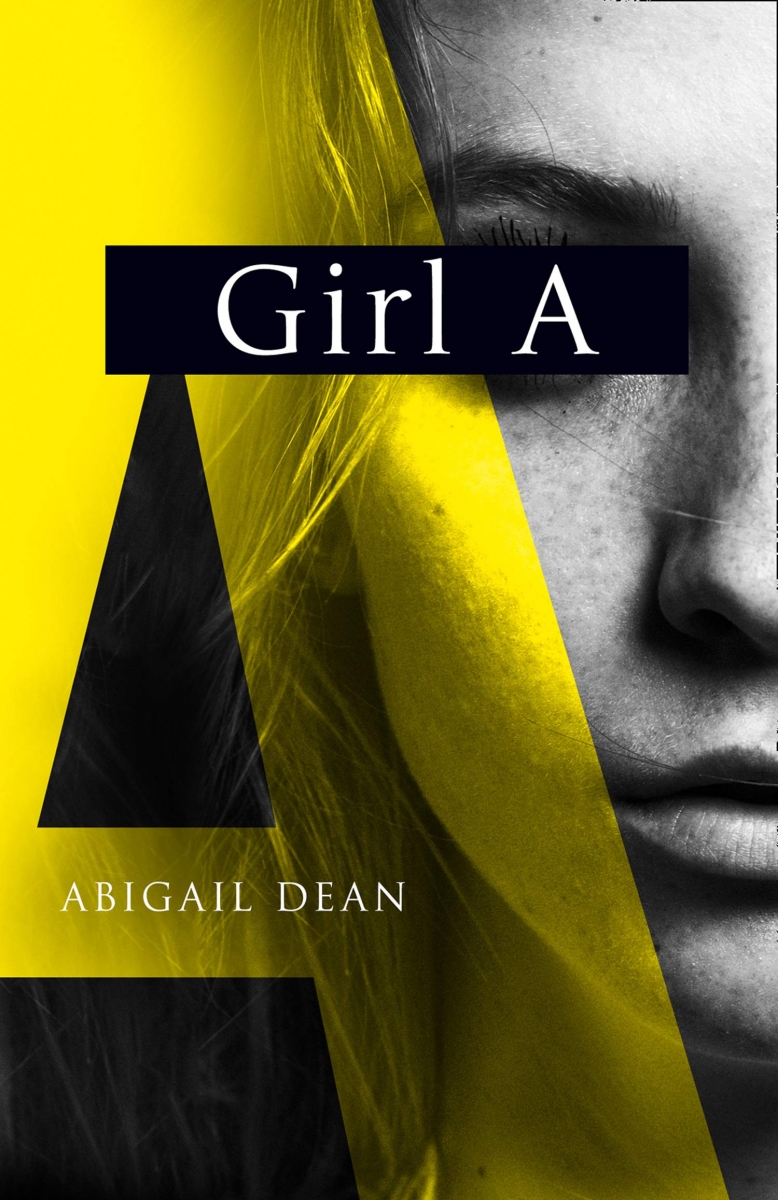You are viewing your 1 free article this month. Login to read more articles.
Cosy crime expands market for dark thrillers with both booming, editors and agents say
Cosy crime has boomed in the last year but there is still space for the psychological thriller, according to agents and editors, who describe a general appetite for crime and escapism that has flourished under lockdown.
Therese Keating, senior editor at Viper, described seeing a rise in cosy submissions dating back to before the pandemic, stressing that it has been a “thriving” sub-genre in the digital market in particular for a while. Like others who spoke to The Bookseller, she thinks the recent uptick is down to a recent “taste for escapism” fuelled by lockdown.
“In some ways the success of books like The Appeal (Viper) by Janice Hallett and even [Richard Osman's] The Thursday Murder Club (Viking) is capitalising on a groundswell of a cosy crime revival that's been building for years,” she told The Bookseller. “I do think that this more recent growth is also part of the general shift away from straightforward procedural towards more high-concept and 'locked room'-type standalone crime and thriller fiction. It's the puzzle box nature of The Appeal and its unusual structure that has driven the incredible sales and praise we've seen as much as its cosy setting and tone—readers have loved the opportunity to actively play detective and sift the evidence along with the characters."
She revealed that Viper had also had success with much darker books such as The Last House on Needless Street by Catriona Ward, "so it's not that readers are now only wanting cosy... I think generally what's happening is crime readers and publishers are broadening their horizons and looking more for stories that have great hooks and unique plots regardless of what part of the genre they sit in". She predicted the cosy crime trend will continue with greater diversification in crime fiction from light to dark thrillers.
Juliet Mushens, Osman’s agent, agreed that darker thrillers are still performing well, pointing to Abigail Dean’s Girl A (HarperFiction) as well as Claire Douglas’ The Couple at Number 9 (Penguin). “Rather than moving from dark to cosy, we think that readers want to escape from their lives and the uncontrolled realities of the pandemic, into narratives where you can usually presume that things will be wrapped up at the end—whether that’s a funny and uplifting novel, or a gripping and psychological murder mystery,” she told The Bookseller.

Century publisher Selina Walker emphasised that locked-room mysteries "were a thing before Richard Osman" but believes he has pushed the sub-genre and helped to make it new and exciting. “I think the trend for locked room will continue, the wonderful thing about crime is how it reinvents itself... I predict there'll be more and more new writers coming in looking at this format and finding ways make it their own and make it new, the way Richard Osman has done, the way Anthony Horowitz has always done."
She added: "New writers are coming into Golden Age crime and locked room and really twisting it and making it new and doing exciting things with it, it’s a sub-genre that does favour the current times we have found ourselves in because we’ve all been in locked rooms."
Walker said it is an area that editors are keen to commission in. “Most editors are now very much aware of this sub-genre and looking for new writers in this area. Another emerging concept in this area is the high-concept, post-apocalyptic thriller—writers like Andrew Hunter Murray, who are writing thrillers set in the future but using a prism to look at our own damaged, difficult world. So possibly softer, futuristic thrillers is where writing is going, not hard science-fiction and fantasy but slightly more futuristic edgy thrillers."
Curtis Brown agent Jonny Geller also predicted more post-apocalyptic stories and other “more challenging” ways to escape. While he said success like Osman’s “will always influence” the industry, he warned against saturating the market with books which are overly similar. “I’m afraid some publishers will seize upon the chance of merely sticking an 'Osman' cover on a middling crime novel and the genre can fade out very quickly and also diminish his readership. Publishers can sometimes mine a seam until it is exhausted and then move on." He believes the cosy crime boom has extended the crime market rather than diminished psychological thrillers. "I’ve seen no loss of appetite for psychological thrillers with writers like Lisa Jewell, Alice Feeney, Lucy Foley, so cosy crime seems to have expanded the market rather than diminish it.”
The sales figures support an increased thirst for crime across the spectrum. From mid-March to the end of October 2021, the crime and thriller category was up 18% in volume and 16% in value compared to 2019, according to Nielsen BookScan UK. Even comparing to the non-lockdown period of 2020, the crime and thriller category was up 7% in volume for mid-June to the end of October 2021, and 6% up in value.
A big chunk of this is down to Osman’s two books, with the paperback of The Thursday Murday Club and The Man Who Died Twice (Viking) selling 565,000 and 300,000 copies respectively in that period, and worth £3.36m to date. But as many stressed, the appetite for cosy crime pre-dated Osman: Stuart Turton’s The Seven Deaths of Evelyn Hardcastle (Bloomsbury) has sold 156,188 copies for £1.2m across all editions, for example, since publication in February 2018.
“There is a huge trend at the moment for cosy crime and, to a large extent, Osman is responsible but there was always cosy crime before. He didn't start it... in a way it harks back all the way to Agatha Christie,” said RCW agent Sam Copeland. “I don't think cosy crime has overtaken psychological thrillers but has certainly taken a bite out of that market. Would I have concerns about selling a psychological thriller now? None at all. But this sort of dark thriller absolutely destroyed the market of super-commercial women's fiction, which dominated around 2000—these books were huge and now much less [so], so there are swings and roundabouts in genres."
He added: "I'd be interested to know the US situation with this. Certainly if I was going out with a book in America I'd prefer a psychological thriller but right now I'd love to have a cosy crime novel in the UK.”
Karen Sullivan, publisher at Orenda, described increased sales across all of her company's crime fiction, including the very dark thrillers. “I suspect that this genre as a whole has seen an uplift and there are a number of reasons why this might be the case. The first being that reading about people in worst situations can provide some comfort; the second that crime fiction almost always provides some resolution, which is important in times where readers (and the public as a whole) feel powerless; and, of course, crime is ultimate escapism, whether it's cosy, brutal or even funny. Great crime prods the underbelly of society and via the mode of entertainment helps us to make sense of our world.”
She also argued that Osman’s success is in some part due to his fanbase picking up copies and the overall interest in what he has written, rather than its appeal being wholly down to the genre. “He is a recognisable household name,” she said.
Sullivan, like others, suggested that the market for psychological thrillers could have become "completely saturated". She added: "There are dozens of new, mainly digital crime-fiction publishers and there are a lot of very cheap e-books available online, which undermines overall sales and skews online digital charts in favour of those with the biggest, most expensive marketing campaigns or those using the KDP [Kindle Direct Publishing] platforms. I don't think it's because fantastic, high-quality psychological thrillers haven't been published, but because of the sheer number of them competing for the same shelf space, the same column inches in terms of review coverage."
Ben Willis, publishing director at Bonnier, argues one of the reasons for cosy crime’s increased success is that it is “a more natural fit in Waterstones and independent bookshops”. He told The Bookseller: “You can be a bit cleverer and design-led with cover design, and it can work both on a table in Waterstones and on the shelf in the supermarkets. With psychological thrillers, given the intense competition and copycat covers, only a fraction of them are given prime space in Waterstones and in the grocers. Basically, we need something different to take to the buyers—and Richard Osman’s success is a key to those doors.”
Looking ahead, he thinks the traditional police procedural will continue to grow partly due to the backlist boom in lockdown. “There has always been a lot of talk about police procedurals losing popularity, but many of the country’s biggest authors are still writing them. With psychological thrillers came an increased desire for standalones and a pulling away from series by publishers, but I always felt this was inextricably linked to an increasingly fickle mass-market retailer landscape. The conundrum became: if book one in a series doesn’t sell, how do you convince the supermarkets to take book two? But with lockdown leading to a backlist reading boom, bringing many more readers to existing crime series, and with long-form TV crime dramas still soaring, I think brilliant procedural series, published smartly, will continue to sell well." This is backed up by Nielsen BookScan, which reports around 140 of the top 200 titles in the crime and thriller category as some version of police procedural.
Many emphasised how film and TV was driving trends for crime and thriller books. Phoebe Morgan, editorial director at HarperCollins, said: “A renewed interest in police procedurals could be a result of the amazing lockdown television we’ve seen come out; you only have to look at how the public responded to the new 'Happy Valley' announcement to see that audiences do crave these fast-paced series in which the reader or viewer becomes the one tasked with solving the mystery.”
Keating echoes how film and TV has boosted the thriller market over recent years. "We've definitely seen a rise in cosy submissions dating back to before the pandemic, and it's been a thriving sub-genre in the digital market in particular for a while. But I think that taste for escapism has only grown, mirrored in TV as well, with Sarah Phelps' Christmas Christies, the perennial popularity of 'Midsomer Murders' and 'Death in Paradise', new projects like 'The Madame Blanc Mysteries' and films like 'Knives Out'."




















